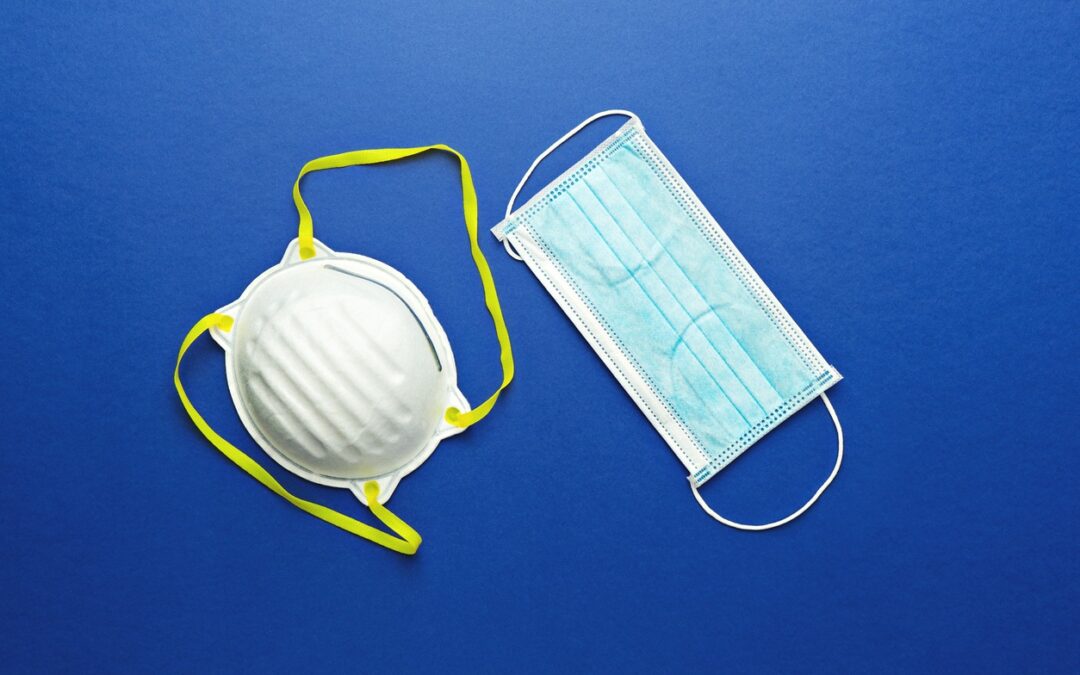COVID-19 is a coronavirus imported from China, and its transmission is mainly by the respiratory route. This new virus is still in continuous study due to the few months that it is among us and that has caused the well-known current pandemic.
This means that if a person tests positive for Coronavirus (Covid-19), the person can transmit the disease through the micro-droplets that are generated by speaking or coughing. The most appropriate measures to prevent transmission are explained below:
1.-Correct hand washing.
2.-Generalized use of face masks.
3.-Avoid touching eyes, nose or mouth.
4.-Disinfection measures to clean door and window knobs, elevator panel buttons, plugs and wall light switches … etc.
5.-Control positive COVID 19 patients and isolate them. Control the transit of people between people in relation to the most vulnerable patients such as (the elderly, immunosuppressed or those who have previous chronic pathologies).
6.-Keep a safe distance (1.5 to 2 meters).
7. Avoid crowds in confined spaces.
One of the early symptoms of Coronavirus disease infection may be viral conjunctivitis, which may appear even earlier than respiratory symptoms. Therefore, the health professional dedicated to ophthalmology must take special care to avoid transmission. It is necessary to insist on thoroughly washing hands or using disposable gloves with each patient, as well as disinfecting the chin rest of the ophthalmology quipment, and handles of the examination tables between patient and patient.
In this specialty, the ophthalmologist and during exploration have an important face-to-face proximity to the patient, which is why sometimes the use of protective screens and glasses is also contemplated. When it is also necessary to instill drops of the eye drops that we use in the medical consultation, this will be done from a not too great distance to the eye (to avoid tear microparticles in the environment), and to maintain the greatest possible safety distance between person and person at that time.
Other health professionals at risk are specialists in the digestive system when they perform gastroscopies or explorations of the upper digestive tract. And also dentists, maxillofacial surgeons, pulmonology specialist and ENT (ear, nose and throat specialist), among many others. Currently there are many different hospitals where multidisciplinary action protocols are being developed to keep the surgical area and endoscopies free of COVID-19, thus reducing the risk to the least posible. AntiCOVID-19 and / or PCR antibody tests are carried out for all the health personnel involved on a regular basis, and in addition, any patient who is going to undergo a medical procedure must be tested beforehand, to be sure that all those involved in the process, both healthcare professionals and patients, have negative results for COVID19


Recent Comments